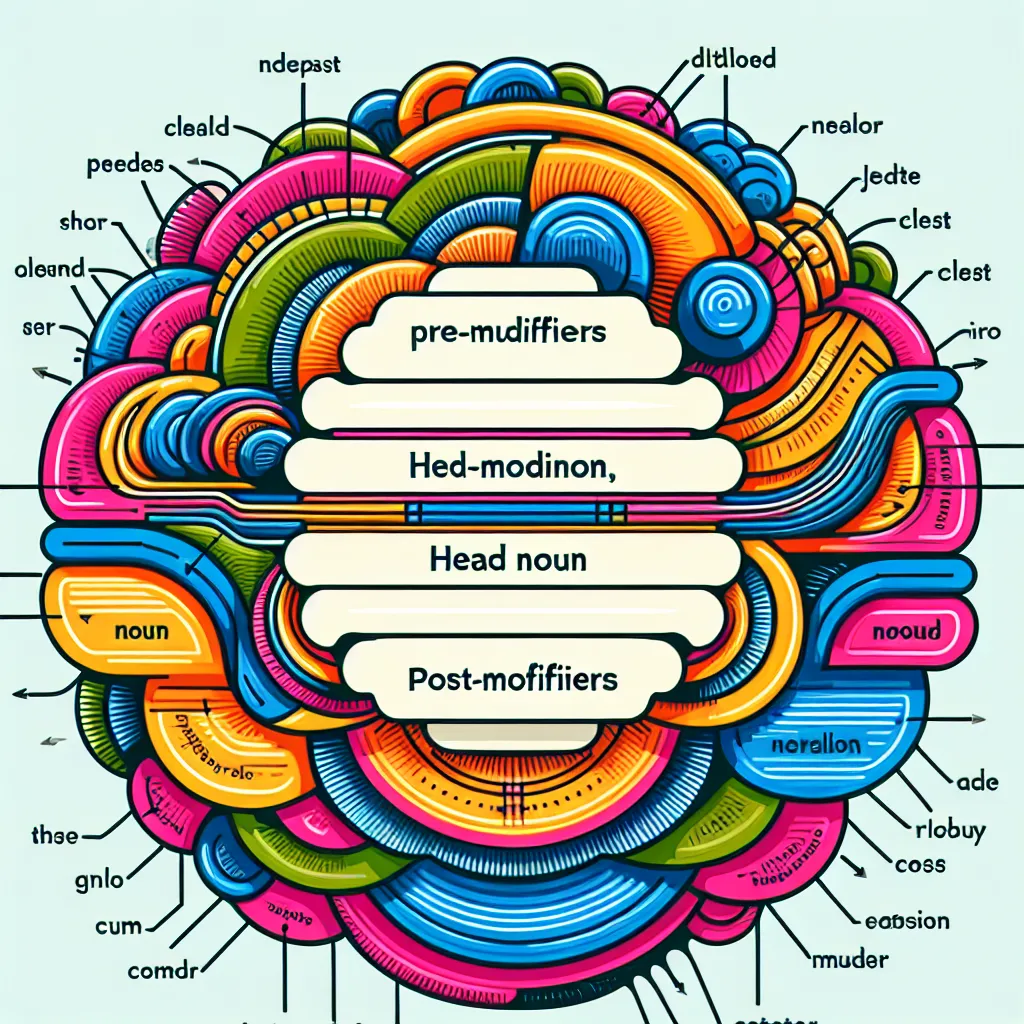English tense consistency is a crucial aspect of grammar that often challenges learners and even native speakers. Mastering this skill can significantly enhance your writing and speaking abilities, making your communication more precise and professional. This guide will explore effective strategies for Perfecting English Tense Consistency, providing you with practical tips and examples to improve your language skills.
Understanding Tense Consistency
Tense consistency refers to the practice of maintaining the same tense throughout a piece of writing or speech, unless there’s a clear reason to shift tenses. It’s essential for clarity and coherence in communication.
Why Tense Consistency Matters
- Clarity: Consistent tenses help readers or listeners follow your narrative easily.
- Professionalism: Proper tense usage demonstrates a strong command of English.
- Accuracy: It ensures that the timing of events is correctly conveyed.
 Tense consistency diagram
Tense consistency diagram
Common Tense Consistency Challenges
Mixing Past and Present Tenses
Incorrect: “Yesterday, I went to the store and buy some groceries.”
Correct: “Yesterday, I went to the store and bought some groceries.”
Inconsistent Use of Perfect Tenses
Incorrect: “By the time I arrive, they have already left.”
Correct: “By the time I arrived, they had already left.”
For more insights on mastering complex tenses, check out our guide on perfecting the use of complex tenses in writing.
Strategies for Maintaining Tense Consistency
- Establish a Main Tense: Choose a primary tense for your narrative and stick to it.
- Use Timeline Markers: Words like “yesterday,” “now,” or “tomorrow” can help anchor your tenses.
- Revise Carefully: After writing, review your work specifically for tense consistency.
Practice Exercise
Try rewriting the following paragraph, maintaining consistent tenses:
“Last week, I go to the beach. The sun shines brightly, and I am enjoying the warm sand. Suddenly, I saw a dolphin jumping in the distance.”
Corrected version:
“Last week, I went to the beach. The sun shone brightly, and I enjoyed the warm sand. Suddenly, I saw a dolphin jumping in the distance.”
Advanced Tense Consistency Techniques
Shifting Tenses Purposefully
While consistency is key, there are times when shifting tenses is appropriate:
- Flashbacks: “I remembered how we used to play in this park when we were kids.”
- Habitual actions in the past: “Every summer, we would visit our grandparents.”
Tense Consistency in Different Writing Styles
Different types of writing may require different approaches to tense consistency. For instance:
- Academic writing often uses present tense for discussing existing literature.
- Narrative writing might use past tense for the main storyline but present tense for dialogue.
For specific guidance on tense usage in various contexts, explore our articles on perfecting grammar for financial reports and perfecting grammar for press releases.
 Tense shift in writing
Tense shift in writing
Common Pitfalls and How to Avoid Them
- Overusing the present perfect: Be cautious with phrases like “have been” when simple past would suffice.
- Inconsistent conditional statements: Ensure that if-clauses and main clauses match in tense.
- Mismatching reported speech: Remember to backshift tenses in reported speech when necessary.
Example of Correcting Tense Inconsistency
Incorrect: “If I would have known earlier, I will have told you.”
Correct: “If I had known earlier, I would have told you.”
Exercises for Improving Tense Consistency
- Tense Identification: Read a passage and underline all verbs, noting their tenses.
- Rewriting Practice: Take a paragraph with mixed tenses and rewrite it consistently.
- Narrative Timeline: Create a story, consciously choosing tenses for different time points.
For more practice exercises and resources, visit our IELTS study guides section.
Conclusion
Perfecting English tense consistency is a skill that develops with practice and attention to detail. By understanding the rules, recognizing common pitfalls, and regularly practicing, you can significantly improve your writing and speaking skills. Remember, consistency in tenses not only enhances clarity but also demonstrates a sophisticated command of the English language.
We encourage you to apply these strategies in your daily writing and speaking. For more advanced grammar tips, explore our guide on perfecting grammar for branding content. Keep practicing, and you’ll see improvement in no time!




